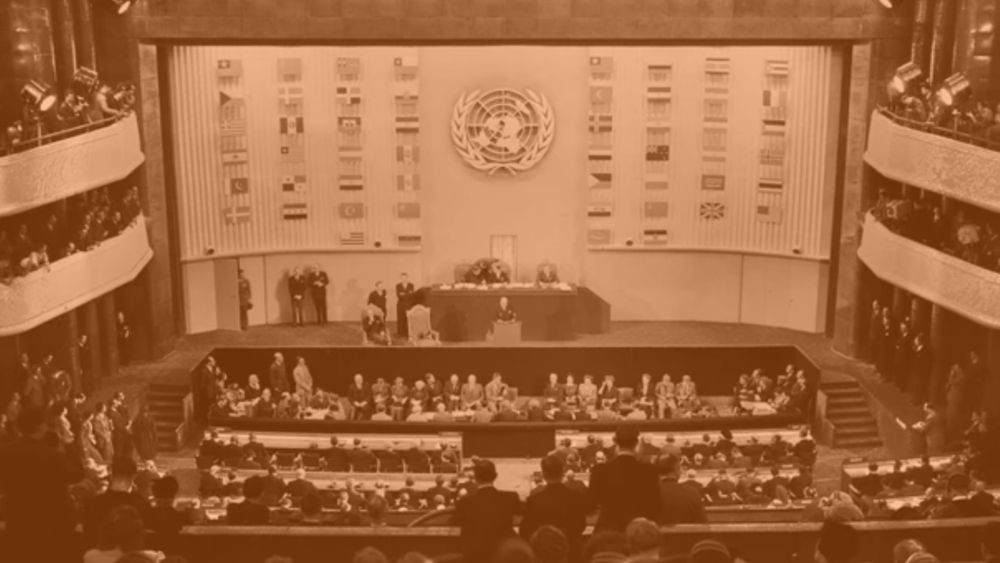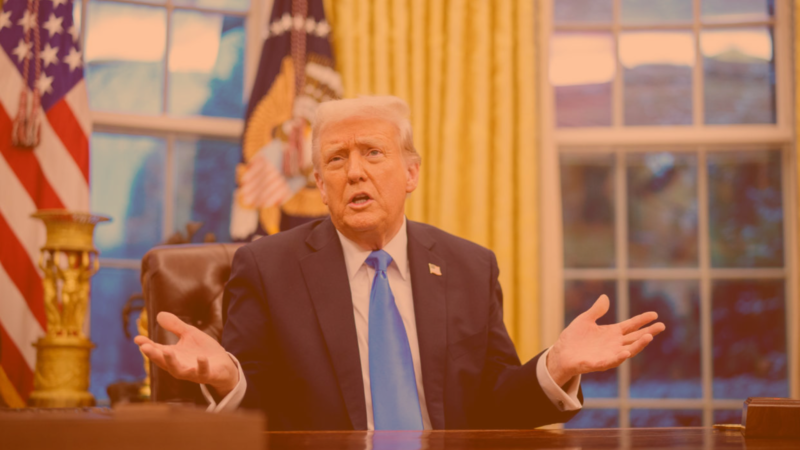On December 10, 1948, the United Nations General Assembly adopted the Universal Declaration of Human Rights (UDHR), a landmark document that laid the foundation for international human rights law. Born out of the horrors of World War II and the global struggle against fascism, the UDHR aimed to guarantee the basic rights and freedoms of every individual, regardless of nationality, race, gender, religion, or other status. It was meant to complement the 1945 UN Charter, ensuring that these rights would be universally upheld.
The UDHR enshrines two interconnected aspects of human rights: civil and political rights, and economic, social, and cultural rights. These are considered universal, inalienable, and equally applicable to all people, anywhere in the world. The Declaration emphasises that these rights are fundamental to human dignity, and that their protection is essential for maintaining peace protected by the rule of law, if people confronted by oppression are not to resort to rebellion as the only means to overthrow violations imposed upon.
In 1966, two international treaties further codified the UDHR’s provisions: the International Covenant on Civil and Political Rights and the International Covenant on Economic, Social, and Cultural Rights. These documents continued to affirm the vision outlined in the UN Charter, with its affirmation for fundamental human rights, social progress, and equality.
A continuing struggle: Realising human rights
However, 76 years after the adoption of the UDHR, we must ask: Are we closer to achieving the full realization of these rights for all people? Two fundamental articles in the UDHR call for a social and international order that guarantees human rights for everyone and forbids actions that could destroy these rights. Article 28 states that “Everyone is entitled to a social and international order in which the rights and freedoms set forth in this Declaration can be fully realised.” Article 30 further asserts that no entity—be it a state, group, or individual – can use the Declaration to justify actions that undermine these rights.
Yet, in many parts of the world, we continue to witness widespread violations of these rights. In Gaza, we see ethnic cleansing and genocide, while armed attacks target people in the occupied West Bank, Lebanon, and Syria. Conflicts in Ukraine, Russia, Sudan, and Cameroon continue to claim countless lives, showing that the international order necessary for the protection of human rights remains elusive for millions of people, and is being put at risk for all of humanity.
A crisis in global governance: A call for accountability
This struggle for human rights has been highlighted by recent events, such as the resignation of Craig Mokhiber, a United Nations official, in October 2023. In his resignation letter, Mokhiber expressed concerns that the UN had bowed to pressure from powerful states, particularly the United States, Israel and its allies, at the expense of standing up for oppressed peoples, human rights and international law. He pointed out the irony that the Universal Declaration of Human Rights was adopted in the same year as the Nakba, a tragic event in Palestinian history, marking the displacement of hundreds of thousands of Palestinians.
Over the decades, powerful states, particularly those with veto power in the UN Security Council, have actively undermined the principles of the UDHR. Instead of fostering peace, security, and justice, they have brought unlawful aggression, interventions and wars; illegal economic and financial sanctions; unjustifiable occupations with military force; destruction of vital infrastructure, like gas pipelines; open and covert assassinations of political and governmental officials; suppressing freedom of expression, especially against people taking action for peace; increased and uncontrollable use of military technologies; and unlawful interference in sovereign national internal affairs, including fuelling ‘regime’ change. Military alliances like NATO, led by the US, have expanded their reach, intensifying conflicts around the globe, rather than working toward a peaceful resolution of disputes.
NATO and the struggle for human rights
One clear example of how global power dynamics affect human rights is the ongoing conflict in Gaza, where NATO’s geopolitical and military objectives have played a role in worsening the situation. The reasons for this were illuminated in January 2023, when a joint declaration by the European Union and NATO stated their intention to use their combined political, economic, and military power to pursue common objectives for the ‘benefit of their citizens’. However, people suffering in Palestine, as well as those in Southern Cameroon – where thousands have been killed, over 638,000 internally displaced and at least 1.7 million people are in need of humanitarian aid, in a much less publicised war happening there, know all too well what this military drive means. These conflicts are exacerbated by the support of NATO/EU members like France, which has provided military assistance and training to the Cameroon government in waging its ongoing war.
The call for peace and non-alignment
In response to this crisis, movements like DiEM25 are challenging the militarisation of global politics. Our members are holding governments to account for their war mongering drive towards greater militarisation. In our actions and electoral participation, we are saying that the best way to have a peaceful world with security for all, is to promote peace based on the understanding that the only means of resolving contradictions, contentions and conflict are through mutually beneficial diplomacy and dialogue. Specifically, we call for Europe to decouple from NATO and pursue a policy of non-alignment, maintaining independent, yet friendly, relations with all nations, including the United States, Russia, and China.
Emphasising the importance of promoting a “Culture of Peace” through education, journalism, and research, DiEM25 proposes a UN-led Parallel Peace Process to address ongoing conflicts in Palestine, Ukraine, Western Sahara, and other areas. This vision is rooted in the belief that managing conflicts through a reformed United Nations, and transferring control of European military and civilian missions to the UN is an important element in the DiEM25 programme to achieve peace and international solidarity. We are not alone with this approach to world affairs. It is increasingly supported by people active for peace with justice, including Omar Barghouti co-founder of the Boycott, Divest and Sanctions (BDS) movement for Palestinian rights who recently spoke on radio about the necessity for UN restructuring.
Do you want to be informed of DiEM25's actions? Sign up here















